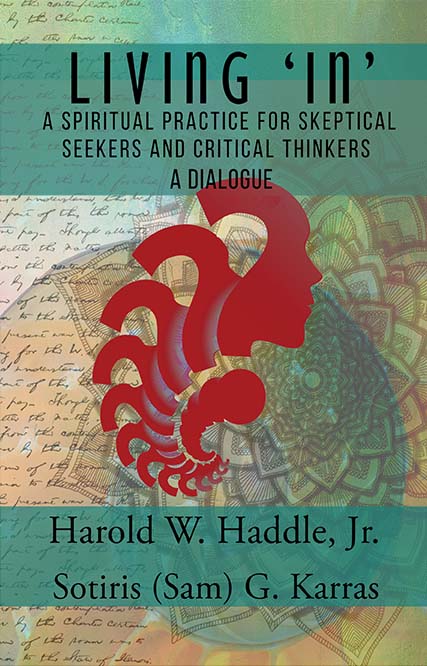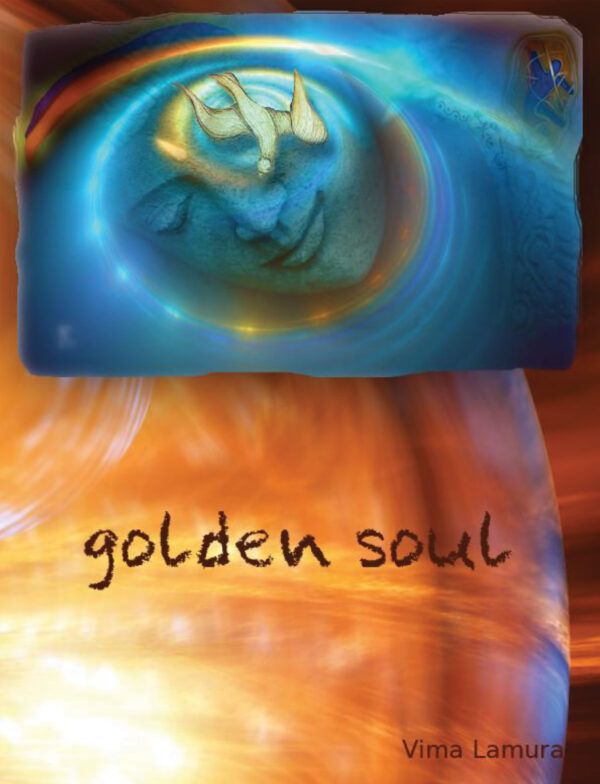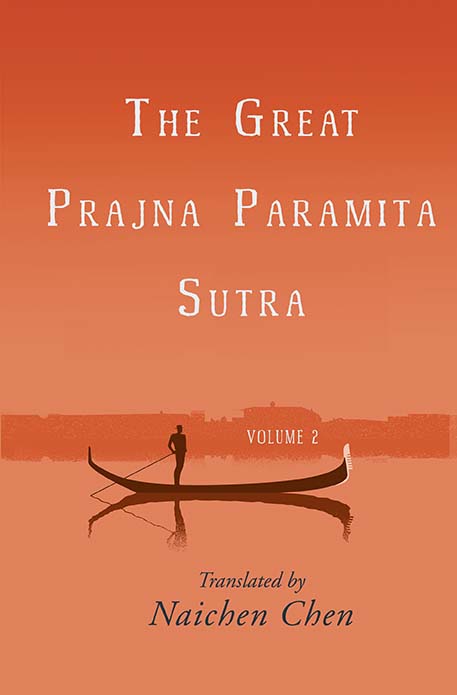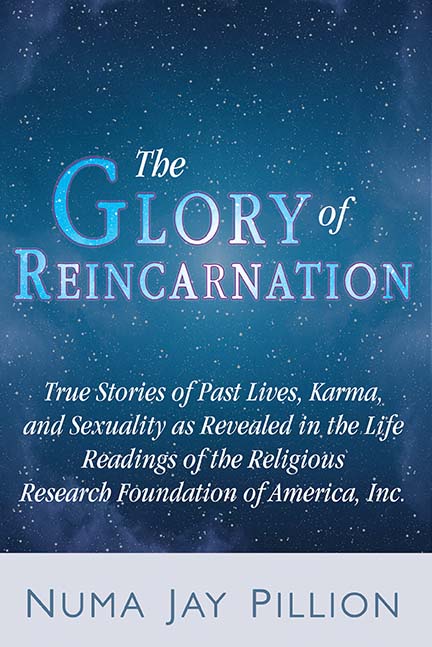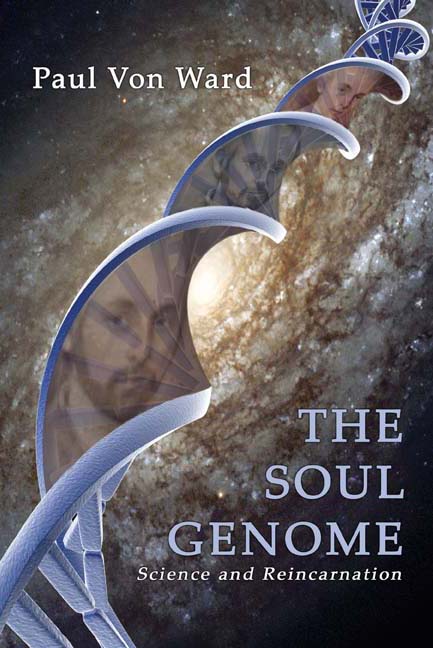Sotiris (Sam) Karras, a business consultant and doctoral student in Psychology, is presently visiting Greece. He recently earned masters’ degrees in system dynamics from Radboud University (the Netherlands), University of Bergen (Norway), and University of Palermo (Italy). He has taught mathematics in high school. As a mathematics teacher and entrepreneur, he resided in the States for over twenty years and became a US citizen. He has USA and Greek citizenship. His bachelors’ degree is from the University of Athens (mathematics). He served in the Greek military as a Navy Seal. He attended various esoteric institutes in Europe and the US. He spends much of his time teaching spiritual practice, writing, and in spiritual practice. He published a paper in 2012 in Human Systems Management entitled: “Comprehending Transformational Critical Thinking.”
Harold W. Haddle, Jr. presently lives in Atlanta, Ga., where he was born. He has worked as a private practice psychologist in Atlanta and Douglasville, Georgia, for over forty years and recently retired. He has a PhD in counseling psychology from Georgia State University in Atlanta, Ga., attended Southeastern Baptist Theological Seminary in Wake Forest, NC, and Candler School of Theology at Emory University in Atlanta. In 2009 he published a poetry book titled Seeking Is Finding. He spends his time writing, teaching, with family and friends, enjoying two grandsons, and in spiritual practice.

